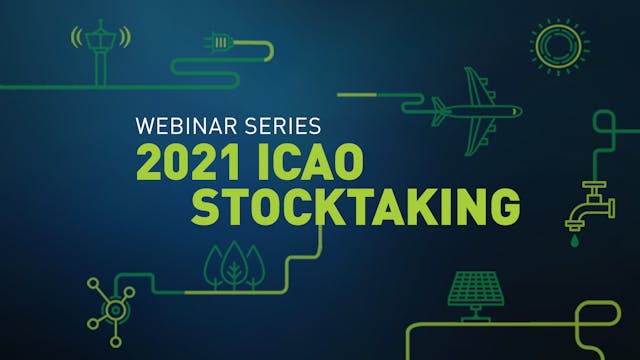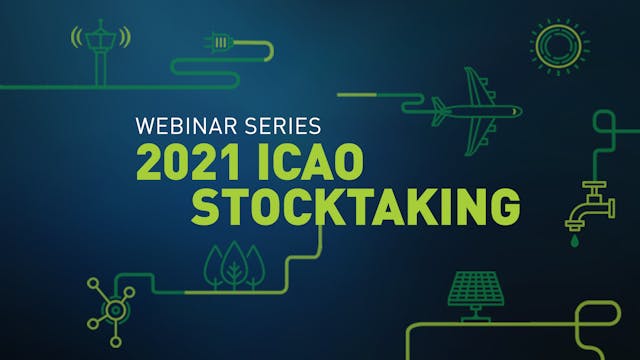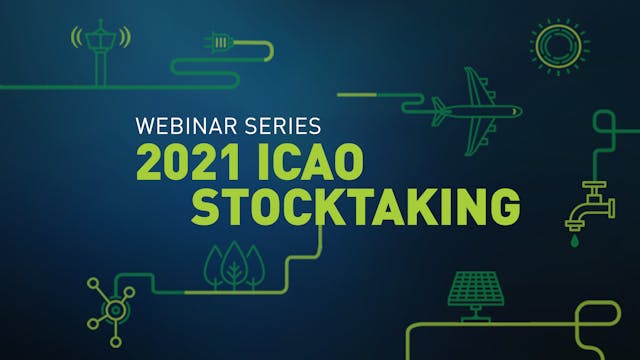A growing number of aviation stakeholders have recently shared their zero-emission visions, goals and roadmaps to shape a carbon-free aviation future and tackle climate change. These roadmaps often rely on developing breakthrough aircraft technologies powered with clean energies. One of the main innovative means proposed is a hydrogen-powered aircraft. Like for other disruptive concepts, hydrogen aircraft come with new challenges: from the design of the aircraft technology to its operation within the global network and the fuel there are being powered by. Beyond the engineering of the aircraft itself, it is imperative to ensure both the availability and sustainability of the hydrogen used to power these aircraft. This is a major challenge to overcome, given the current levels of green hydrogen production around the world and the growing interest in it from the entire transport sector.
Up Next in 2021 ICAO Stocktaking Webinar Series
-
Synthetic Fuels for Aviation
Clean energies are key to enable the decarbonisation of aviation. Sustainable Aviation Fuels, both ''drop-in'' and ''non drop-in'' alternative fuels to conventional jet kerosene, are one of the main pathways explored today by the aviation community. Drop-in alternative fuels represents a major op...
-
e-VTOL & urban air mobility-A new sys...
Inventing the aviation of tomorrow is a unique occasion to adopt green innovations, but also to think about the mobility of tomorrow differently, both over long and short distances. Urban air mobility is a whole new aspect of air transport that offers new opportunities to aviation stakeholders. I...
-
Infrastructure development for supply...
Clean energies are key to enable the decarbonisation of aviation. Clean energy production, transport and storage are all essential aspects to meet aviation needs. A range of clean energy types of fuels are being considered today by the aviation community, including ''drop-in'' aviation fuels, rel...




4 Comments